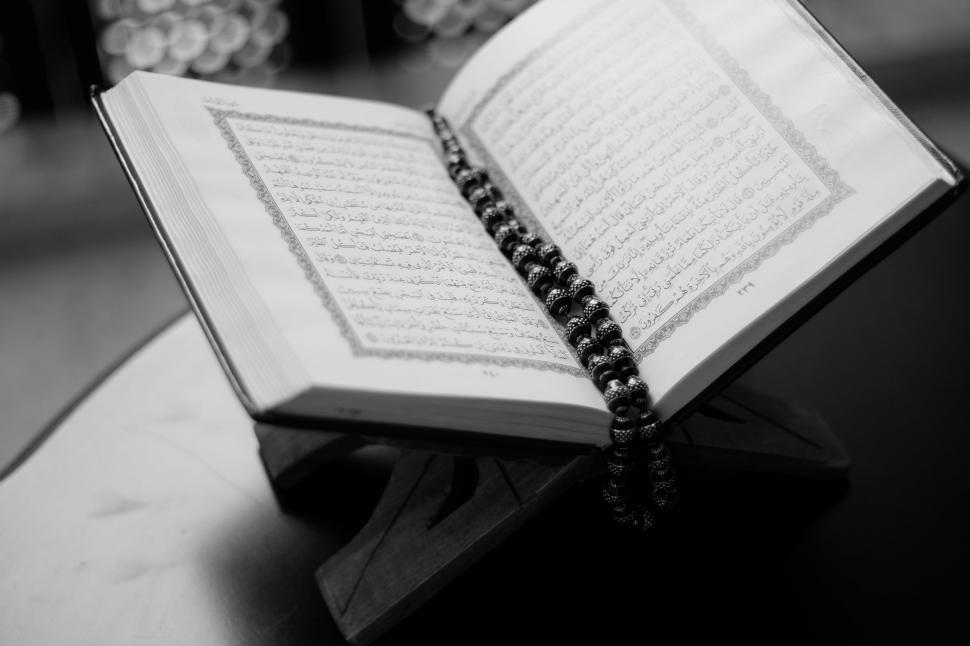
What is Sawm?
Sawm is the Arabic term for fasting. Muslims are required to fast during the month of Ramadan, which begins after reaching puberty. This involves abstaining from food, drink, sexual relations, and negative speech and behavior from dawn until dusk.
Why is Sawm important?
Ramadan is the ninth month of the Islamic calendar and includes Laylat al-Qadr, the night when the holy Qur’an was first revealed to humanity. This month holds significant spiritual importance and demands special devotion from Muslims.
It was during Ramadan that the Qur’an was revealed as guidance for mankind, providing clear messages that distinguish between right and wrong. Therefore, anyone present during this month should fast, while those who are ill or traveling should make up the missed days later. Allah desires ease for you, not hardship, encouraging you to complete the prescribed period and glorify Him for His guidance, so that you may express gratitude.
“So, any one of you who is present that month should fast…”
—Qur’an | 2:185
How does Sawm show devotion to Allah?
During this sacred month, Muslims are asked to temporarily set aside their basic needs and desires. This practice allows for greater self-control, introspection, and a clearer understanding of one’s purpose in life—to worship Allah.
Fasting for the sake of Allah is a unique act of devotion that brings special rewards.
“All the actions of the children of Adam are for them except for fasting; it is for Me, and I alone will reward it.”
—Hadith | Bukhari
Sawm Facts:
One of the Five Pillars: Sawm is a mandatory pillar of Islam during Ramadan. However, Muslims can also fast at other times of the year as a form of worship or to make up for missed fasts.
Dates Change Each Year: The Islamic calendar is lunar, causing Ramadan to shift approximately 11 days earlier each year.
Exemptions: Certain individuals are exempt from fasting, including those who are menstruating, pregnant, breastfeeding, ill, or have other valid reasons.
Dates are Sunnah: The Prophet Muhammad (peace be upon him) used to break his fast with dates, a cherished Sunnah that many continue to practice during Ramadan.
“When one of you breaks his fast, let him break it with dates, for they are blessed. If dates are not available, let him break it with water, for it is pure.”
—Prophet Muhammad (peace be upon him) | (Tirmidhi)
Next: Hajj
Read Also: An Easy Guide to the Five Pillars of Islam


